4th July 2023
Here at Solaris Health, we’re fascinated by attitudes to health that shape behaviours, particularly in the area of rare conditions and unmet medical needs.
In 2022 we joined our sister company, Bray Leino, to commission a nationwide healthcare study of over 1,000 respondents across both consumer and core patient groups – comprising those in primary care with an ongoing medical condition and those with a rare disease or unmet medical need. This exclusive quantitative and qualitative research study – Healthcare Now – unlocks invaluable insights which can guide us in understanding people’s attitudes and behaviours around healthcare and wellbeing, and which will help inform our approach to healthcare marketing.
As we explored in our first piece, ‘There’s no & in health & wellbeing’, health is multifaceted. Acknowledging the complex and holistic nature of health & wellbeing is vital for success. However, understanding the ambition driving our changing attitudes towards becoming ‘healthier’ is very simple: our qualitative research suggests that freedom from illness and mental stability are fundamental associations with better health and wellbeing for many people. But for those with ongoing medical conditions, this might be too much to expect. For these people, ‘normality’ should be the goal.
Let’s explore some ambitions that can drive our attitudes towards healthy behaviours.
Taking a more realistic approach
There is something surprising and elegantly modest in the ambition that good physical and mental health is about maintaining ‘normality’ in the current state rather than achieving an optimised existence. Of course, setting a high goal for your health is always encouraging, but in the race towards this goal, we forget to experience ‘normality’.
Perhaps, this search for ‘normality’ has been accelerated by the disruption of the COVID-19 pandemic. We know the pandemic has profoundly changed our world and has been challenging for many. The pandemic has also highlighted health and the importance of ‘exercise-hour’ to the vulnerability we all felt and still feel to a degree. However, the COVID-19 pandemic also served as an ‘ambition’ for people to start cycling, walking to work, practising yoga at home, and caring for their medical and mental health. Adopting such a realistic approach can help prevent and treat long-term chronic diseases, with an overall improvement in the quality of life.1 Nevertheless, this sense of a more ‘realistic ambition’ does pose some interesting questions for brands and businesses operating in rare diseases and critical health conditions.
Our survey showed that the fear of catching COVID-19 had prompted most people to think of health in terms of medical, physical, and mental, and to and prioritise each similarly.
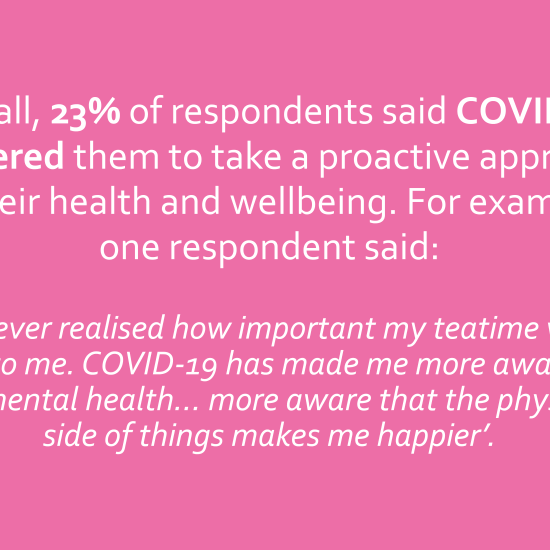
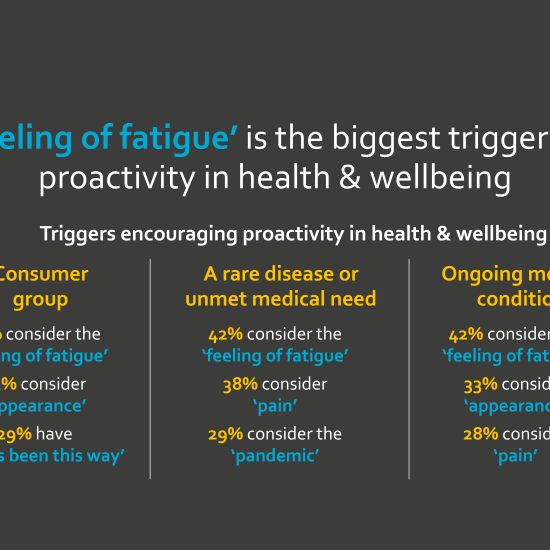
The concept important to people is ‘freedom from’ NOT ‘freedom to’
Knowing your consumer as well can help you refine your messaging to increase your appeal. However, everybody has a different sense of ‘normality’. When considering the needs of different patient groups, the reality of living with a rare or chronic condition will undoubtedly impact somebody’s view of the best possible approach to achieve ‘normality’.
People with rare diseases or unmet medical needs usually aim to achieve ‘normality’ by getting suitable treatment that can reduce the impact of their condition, not an optimised existence. Similarly, people with an ongoing medical condition expect to gain some freedom from their illness and not the freedom to change their lives completely. This allows brands to be clear, honest, and factual in approaching a particular disease/condition without giving false promises.
For example, let’s take the case of pain relief, where in a quest to create distinction and perceived superiority for our brands and products, we often adopt a problem-solution approach towards achieving a better life. This new pain-free state is hugely preferable to the normality of before. Consider all those adverts which end with the newly cured sufferer accomplishing some great achievement like scaling a mountain, when all a sufferer really wants is to get through the day at work or make dinner for the kids.
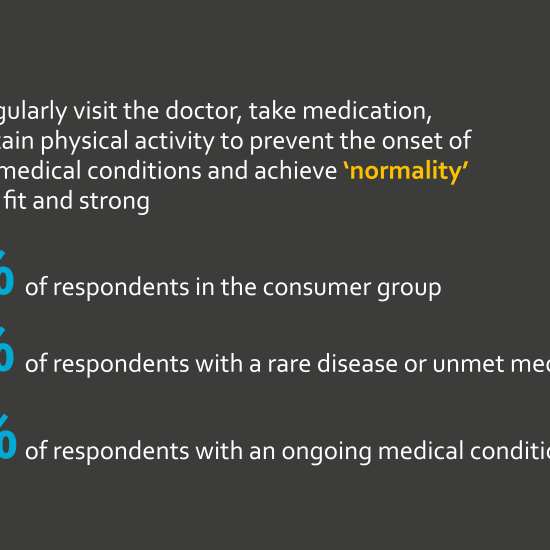
Carving out distinction through a deeper understanding
Branding is the strategic building of relationships between consumers and products. Brands create identities with which consumers associate themselves, such as the fit, striving athlete (e.g., Nike). Branding should apply marketing principles to promote and produce behaviour change as a public good by specifying how brand associations and beliefs can, in turn, influence behaviour.
Sticking with the example of pain relief, our ‘Healthcare Now’ research suggests that it would be better if brands had a deeper understanding of life before the pain, such that their restorative claims are doused in a hefty dose of empathy and humility. And that a more innovative and successful way to carve out distinction for the brand might lie in exploring how it can be of service in maintaining the ‘normality’, day in, day out. This approach may involve the development of products, services and tech that help us maintain equilibrium by navigating and dealing with the stressors in life before the headache strikes, as well as having the products on hand to restore us when they inevitably do.
Our survey showed that amongst respondents with a rare disease or unmet medical need, the main reasons for managing their condition the way they do are:
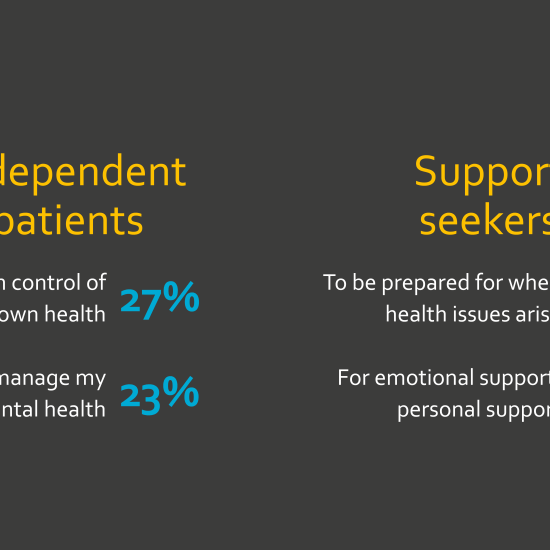
As we move through different life stages, priorities change, and lifestyles evolve and shift. So, we need to be mindful of what ‘normality’ looks like for different people, including those with ongoing medical issues. Our healthcare now research suggests that older people are more proactive with their health and wellbeing, with two primary ambitions.
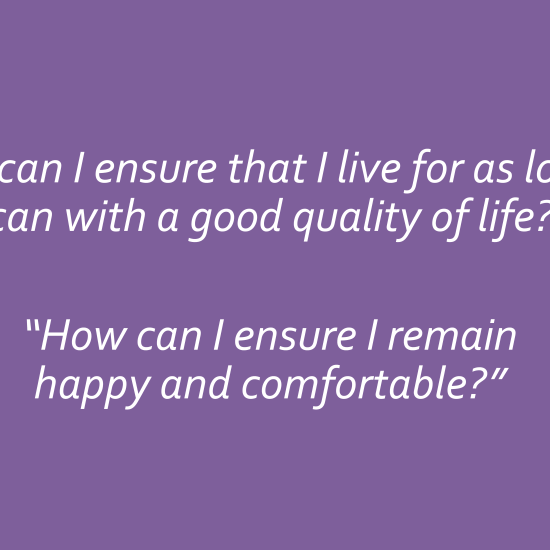
Despite these nuances, this sense of modest ambition to be more proactive towards our health is universal. Therefore, brands have a renewed opportunity to connect with their consumers and support them in more honest, relevant, and potentially even more holistic ways. ‘Normality’ is the goal; brands don’t need to promise above and beyond this ambition.
For more information on how we can help you consider humble health ambitions, contact Claire Dobbs, Solaris Health: claire.dobbs@solarishealth.com.
Reference
- Anderson E, Durstine JL. Physical activity, exercise, and chronic diseases: A brief review. Sports Med Health Sci. 2019;1(1):3-10.


